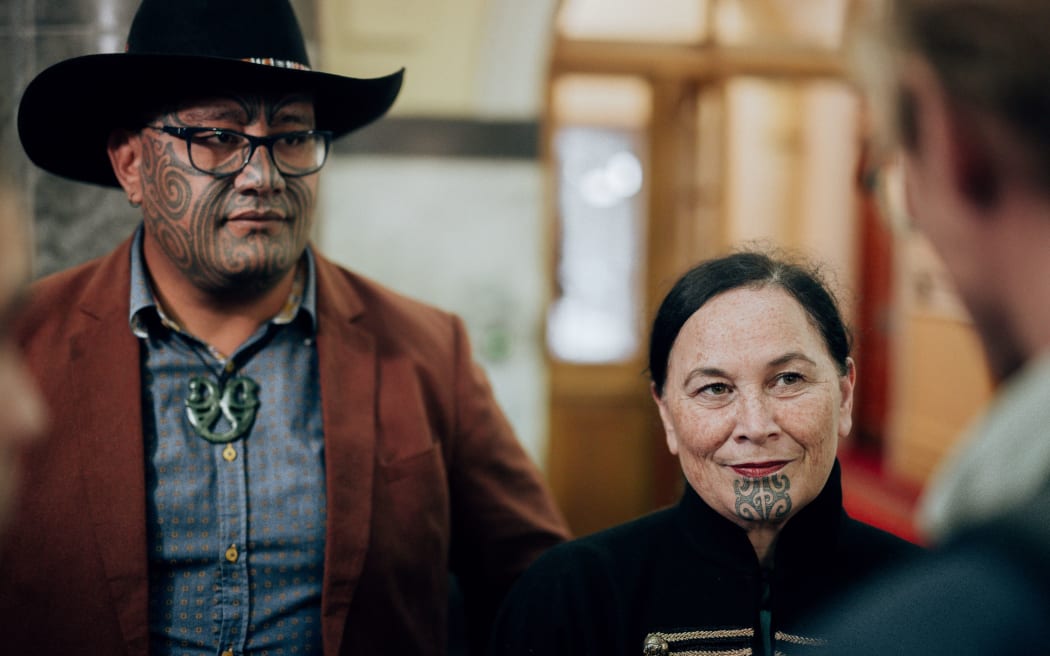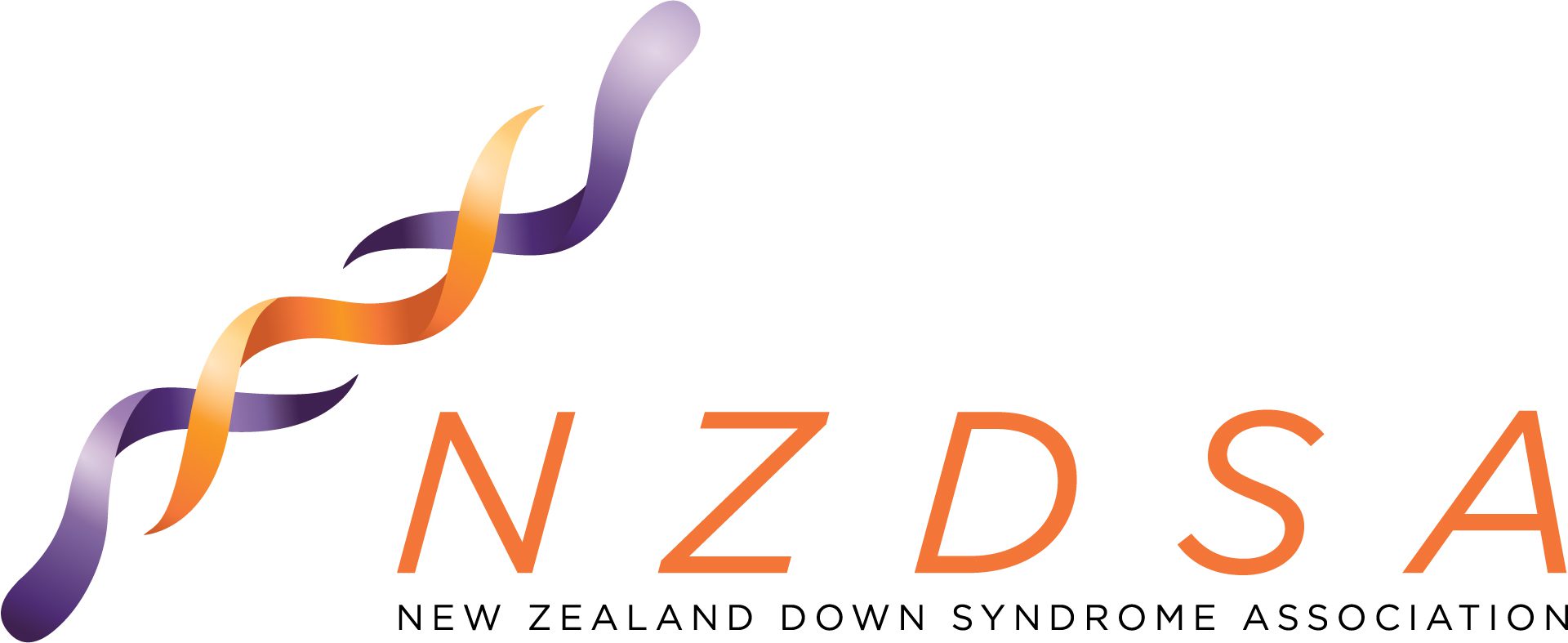

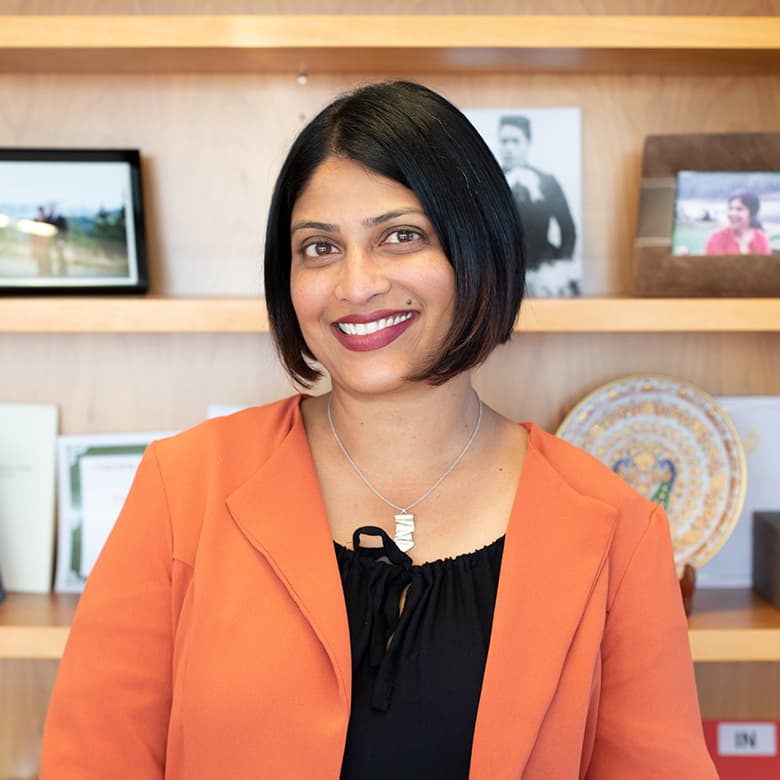
Priyanca Radhakrishnan, Minister for Disability Issues, Labour Party By Sarah Paterson-Hamlin
STEP UP A group of people with Down syndrome who have shown an interest in self-advocacy and want to work their way into the STRIVE team. Home 9 Search query for: pati Stand up loud Talk about Empowering People with Down syndrome to have Universal Participation...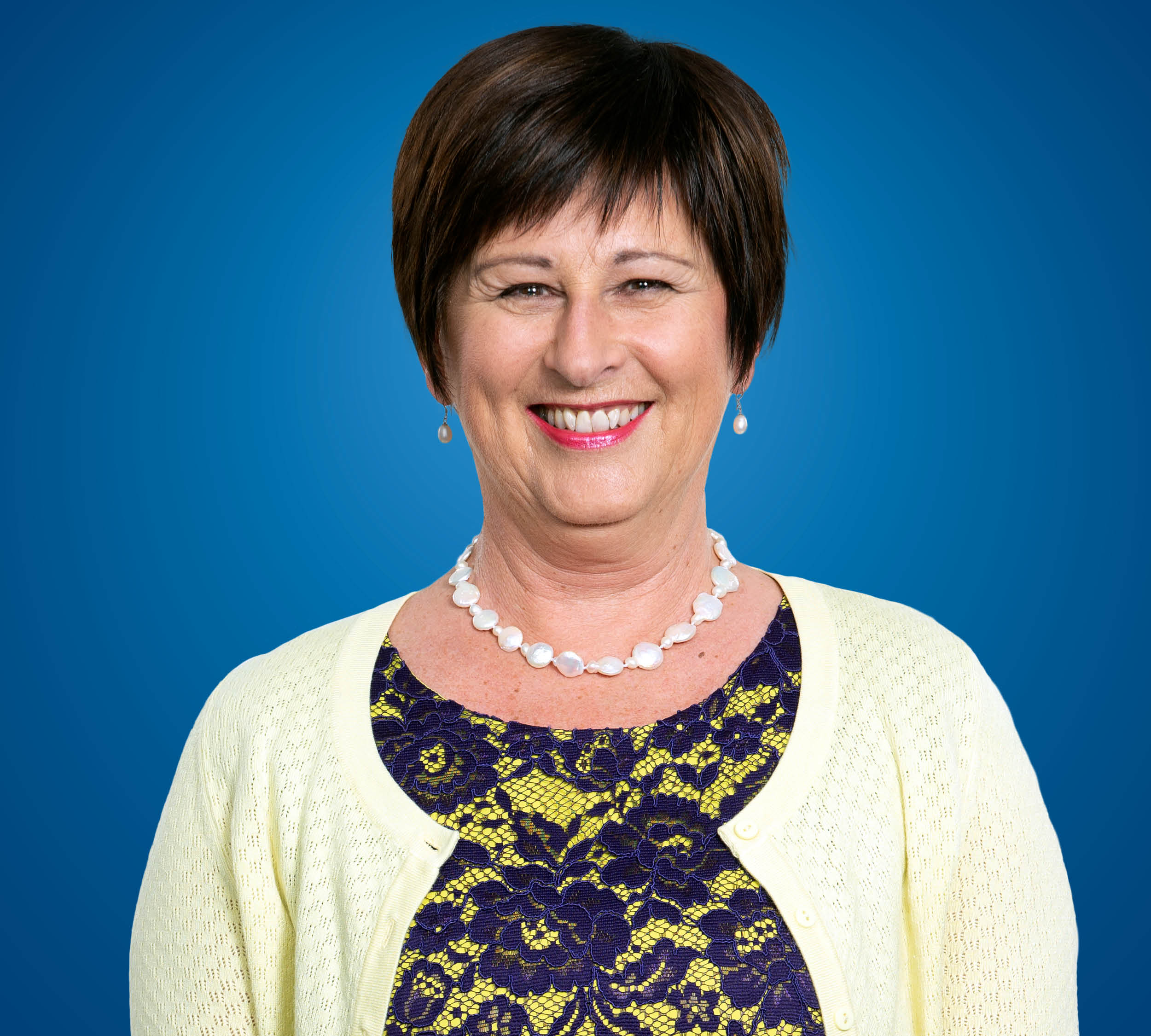
Maureen Pugh, Spokesperson for Disability Issues, National Party By Sarah Paterson-Hamlin
STEP UP A group of people with Down syndrome who have shown an interest in self-advocacy and want to work their way into the STRIVE team. Home 9 Search query for: pati Stand up loud Talk about Empowering People with Down syndrome to have Universal Participation...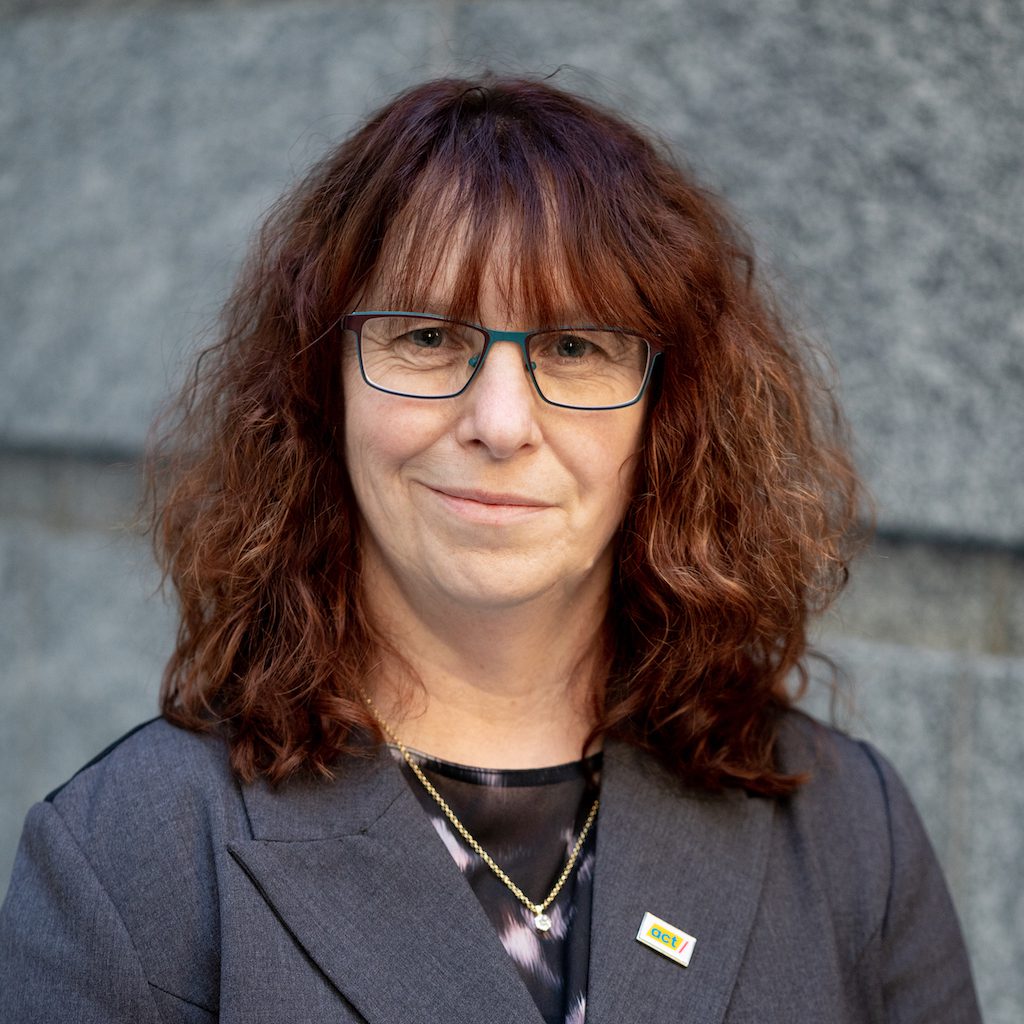
Toni Severin, Disability Issues Spokesperson, ACT Party By Sarah Paterson-Hamlin
STEP UP A group of people with Down syndrome who have shown an interest in self-advocacy and want to work their way into the STRIVE team. Home 9 Search query for: pati Stand up loud Talk about Empowering People with Down syndrome to have Universal Participation...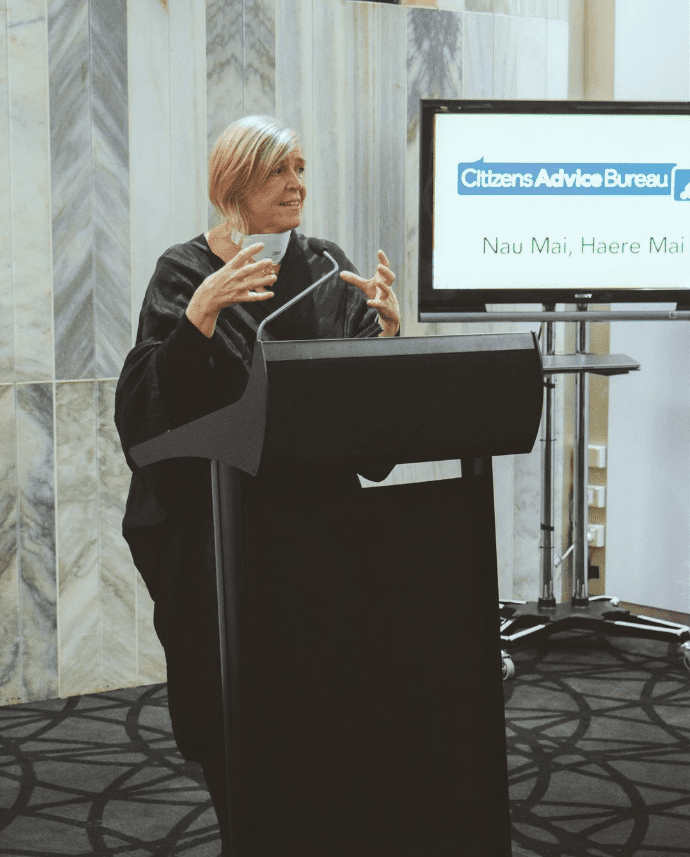
Jan Logie, Disability Spokesperson, Green Party By Sarah Paterson-Hamlin
STEP UP A group of people with Down syndrome who have shown an interest in self-advocacy and want to work their way into the STRIVE team. Home 9 Search query for: pati Stand up loud Talk about Empowering People with Down syndrome to have Universal Participation...